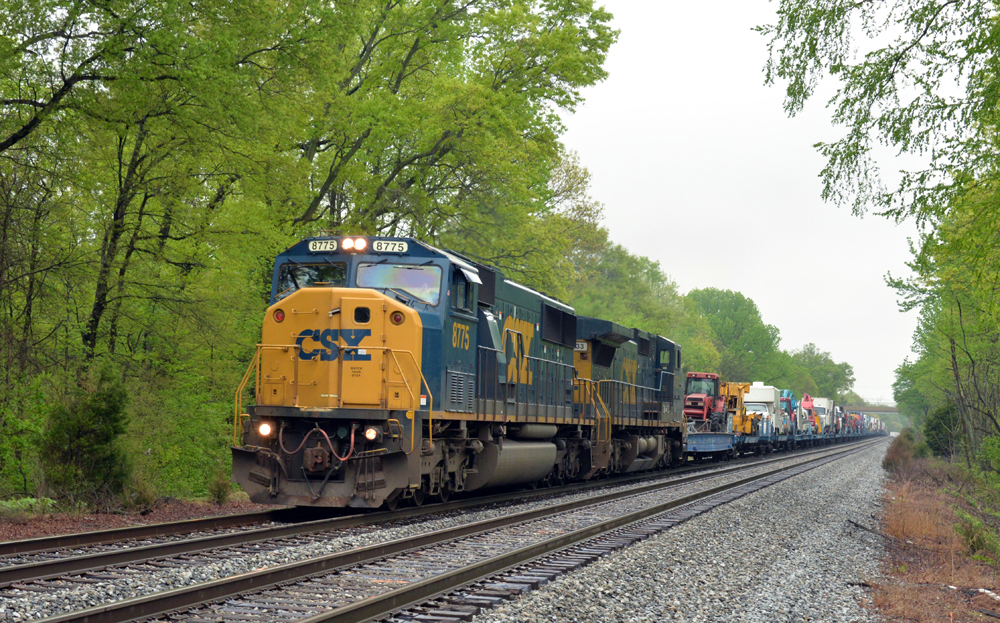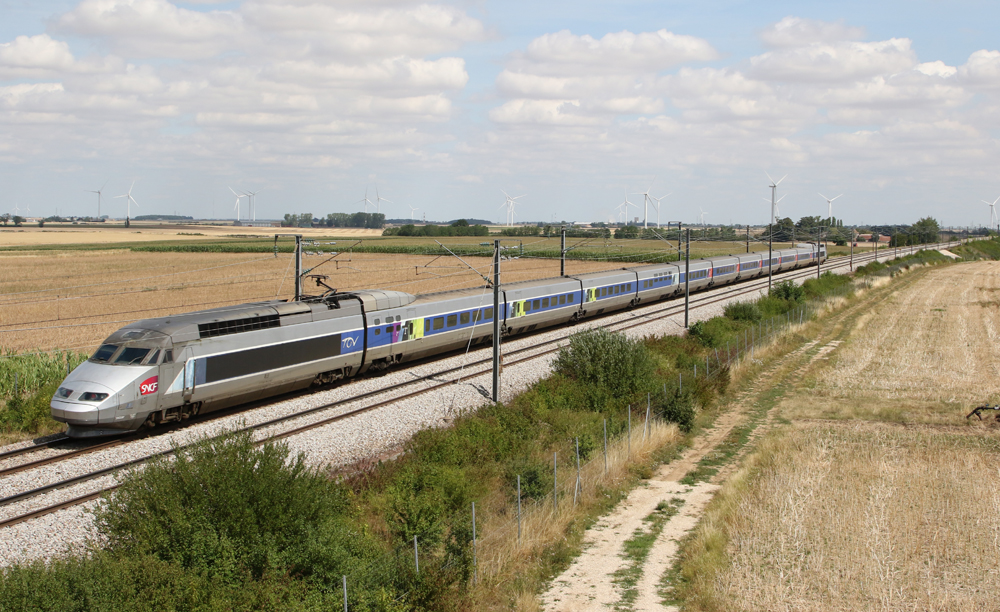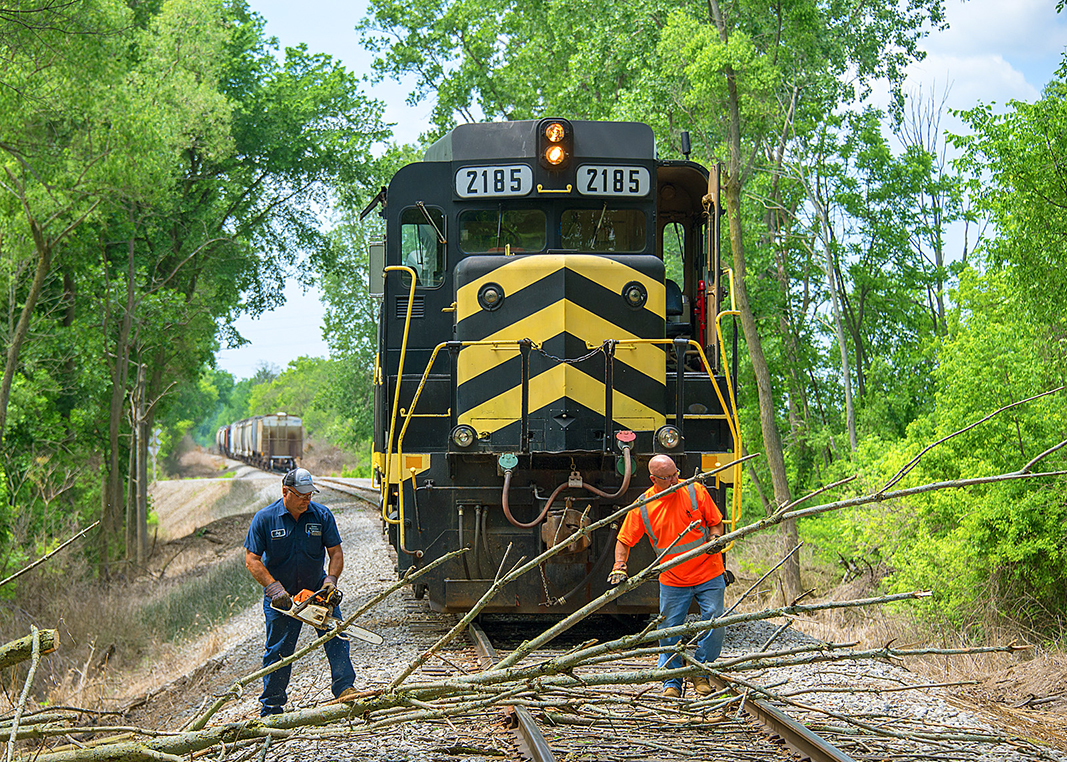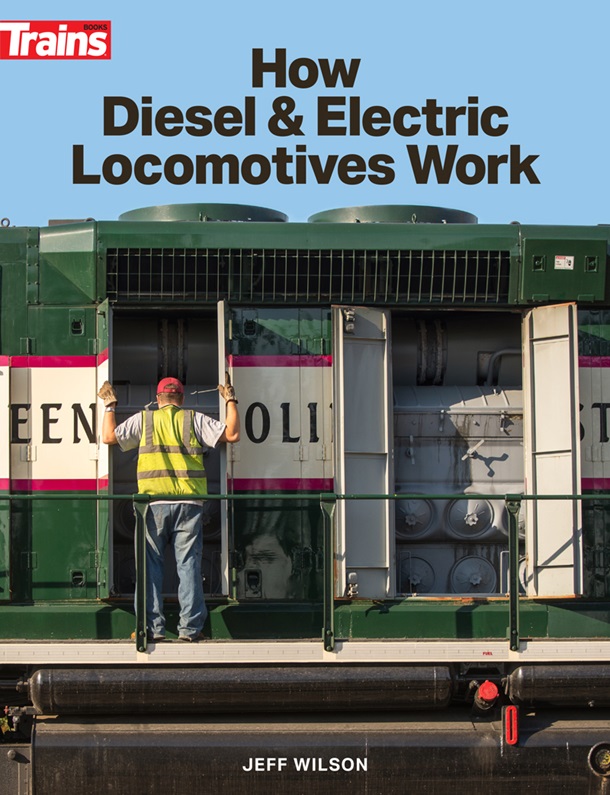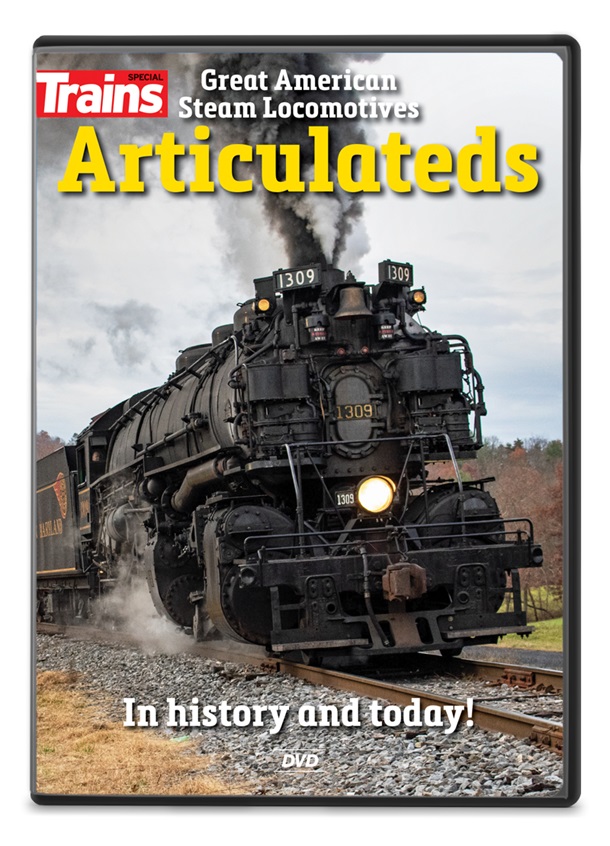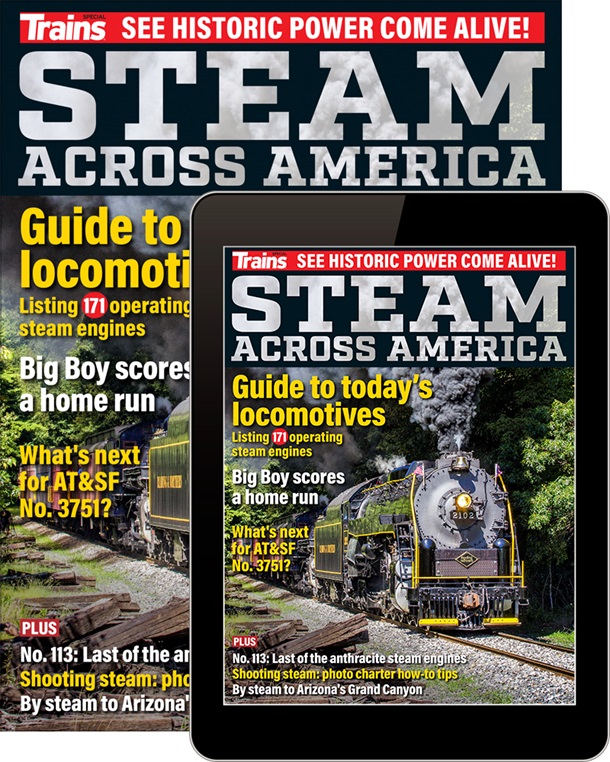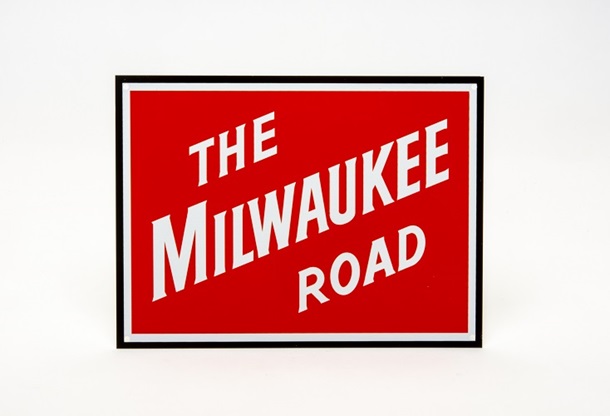WASHINGTON — The Federal Railroad Administration has issued its final rule establishing metrics and a minimum standard to measure on-time performance and service quality for Amtrak trains, a rule hailed by the passenger railroad as “a victory for Amtrak customers.”
The rule requires Amtrak and host railroads to certify Amtrak schedules, sets an on-time minimum standard of arrival within 15 minutes of the scheduled time for 80% of any two consecutive calendar quarters, and also establishes metrics for ridership, train delays, station performance, and host running time.
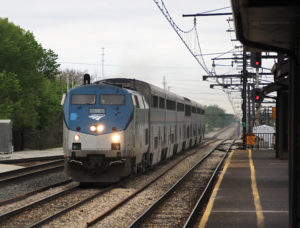
TRAINS: David Lassen
“This final rule is a major accomplishment for this Administration and a huge victory for the traveling public,” FRA Administrator Ronald L. Batory said in a press release. “When I personally met with the leaders of Amtrak and the nation’s largest freight railroads earlier this year, I impressed upon them the need for the traveling public to have reliable passenger rail service, and the Administration’s final rule reflects a commitment to improving Amtrak’s performance in the modern-day freight rail environment.” Batory said the on-time standard means that “when problems arise, we can all speak the same language to work toward a common goal.”
Amtrak, in a statement, called the rule “a victory for Amtrak customers and for anyone who believes people and communities across the country deserve a world-class passenger rail network with schedules that you can count on. For too long, many freight railroads have put their cargo ahead of our passengers — in direct opposition to the law. This rule will help Amtrak enforce its rights when they are violated, in order to get you to your destination on schedule.”
The establishment of the rule addresses a gap created in the Passenger Rail Investment and Improvement Act of 2008, which required Amtrak and the FRA to establish performance metrics. That requirement led to a complicated series of court rulings that determined part of the legislation, giving the Surface Transportation Board the ability to settle disputes over the metrics, was unconstitutional, while another part, allowing the setting of those metrics, was allowed. The latter ruling eventually went to the U.S. Supreme Court, which declined to hear an appeal from the Association of American Railroads [see “Supreme Court declines AAR request on Amtrak performance standards,” Trains News Wire, June 3, 2019].
In the absence of those metrics, Amtrak has offered information on freight-train delays on its website, as well as monthly reports and an annual “report card,” available here, grading host railroads for their on-time performance. The six Class I railroads all had grades of C or better in the most recent card, with Canadian Pacific and BNSF receiving grades of “A.” The company indicated it would update this information to reflect the new rule.
The FRA had published a Notice of Proposed Rulemaking with a preliminary version of the rule in March, held a hearing by telephone in April, and received more than 320 written comments. Host railroads had been unhappy with the original proposal because it suggested but did not require negotiation of passenger-train schedules [see “Analysis: Host railroads at odds with FRA proposal to measure Amtrak on-time performance,” Trains News Wire, May 20, 2020]. The final rule establishes a scheduling metric, provides more time for Amtrak and railroads to negotiate, and creates a dispute resolution process to address disagreements.
The AAR reports as of late Monday afternoon that it and its host-railroad members are still reviewing the final rule against the key principles the organization outlined in its comments to the FRA in June. Those included concerns over outdated Amtrak schedules; the need for a dispute resolution process; and the need for Amtrak to provide close-to-real-time daily, station-specific ridership data.
The rule will be effective Dec. 16. It is available in full here.
— Updated at 2:25 p.m. CST with Amtrak statement, additional information; updated at 3:50 p.m. CST with information that AAR is still reviewing the rule.







